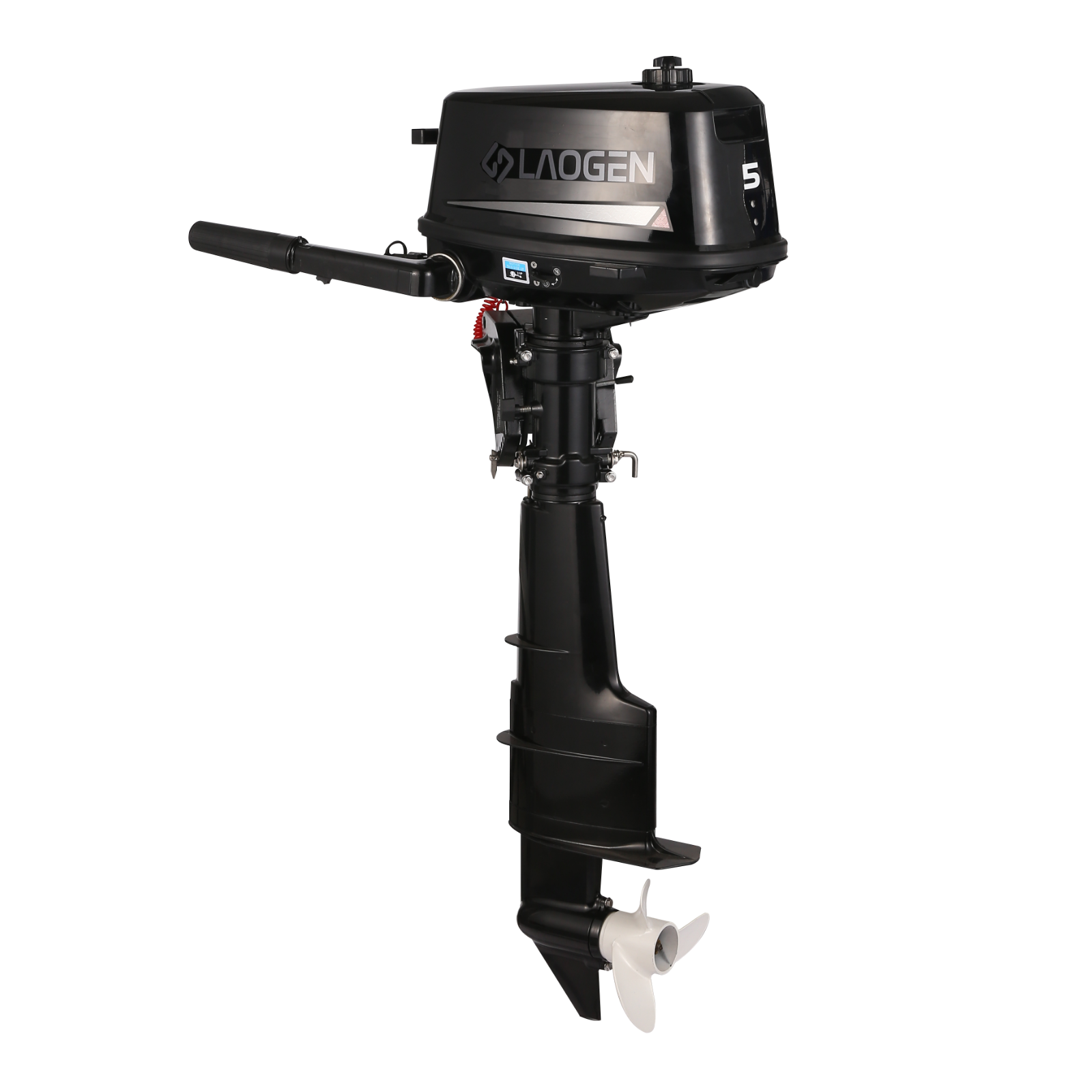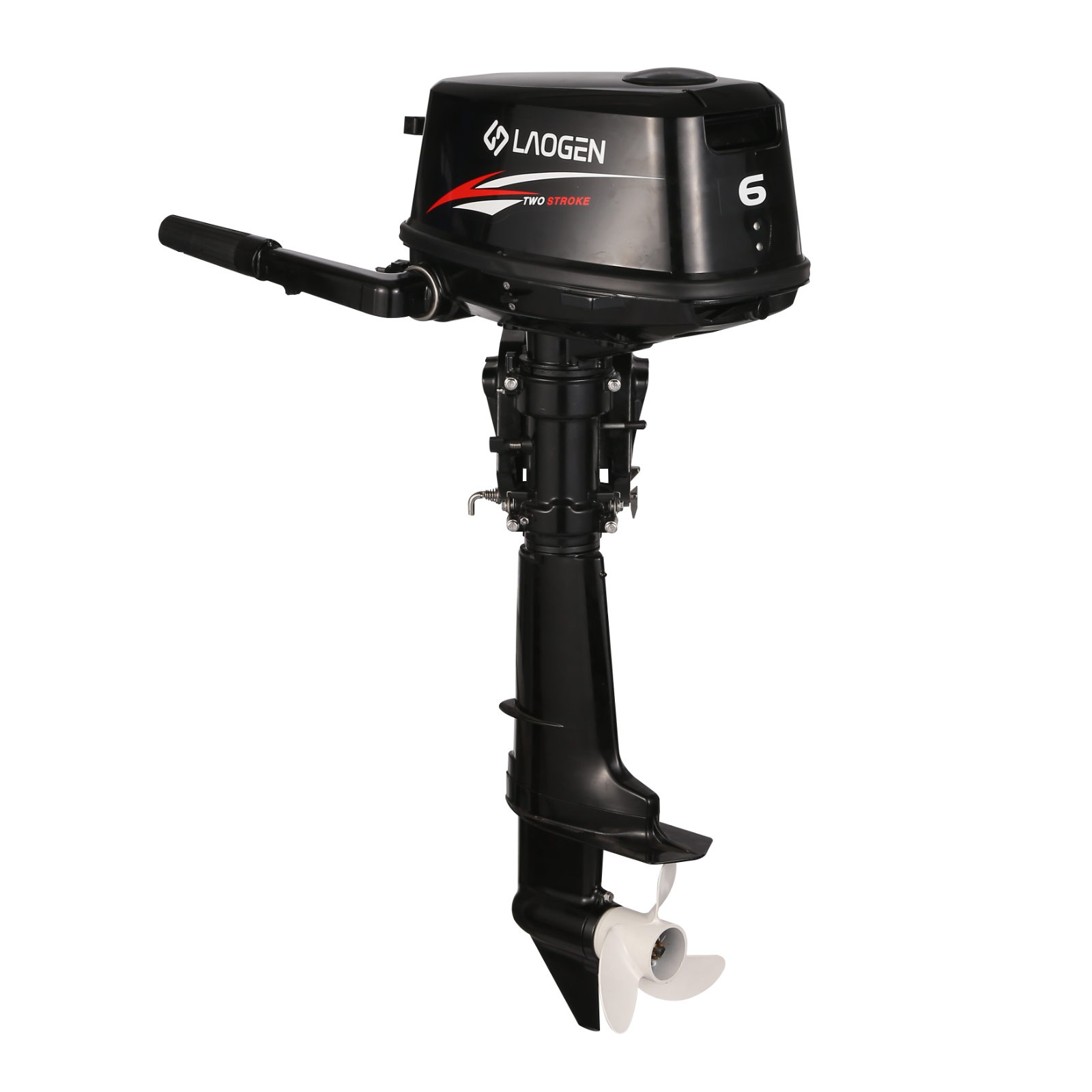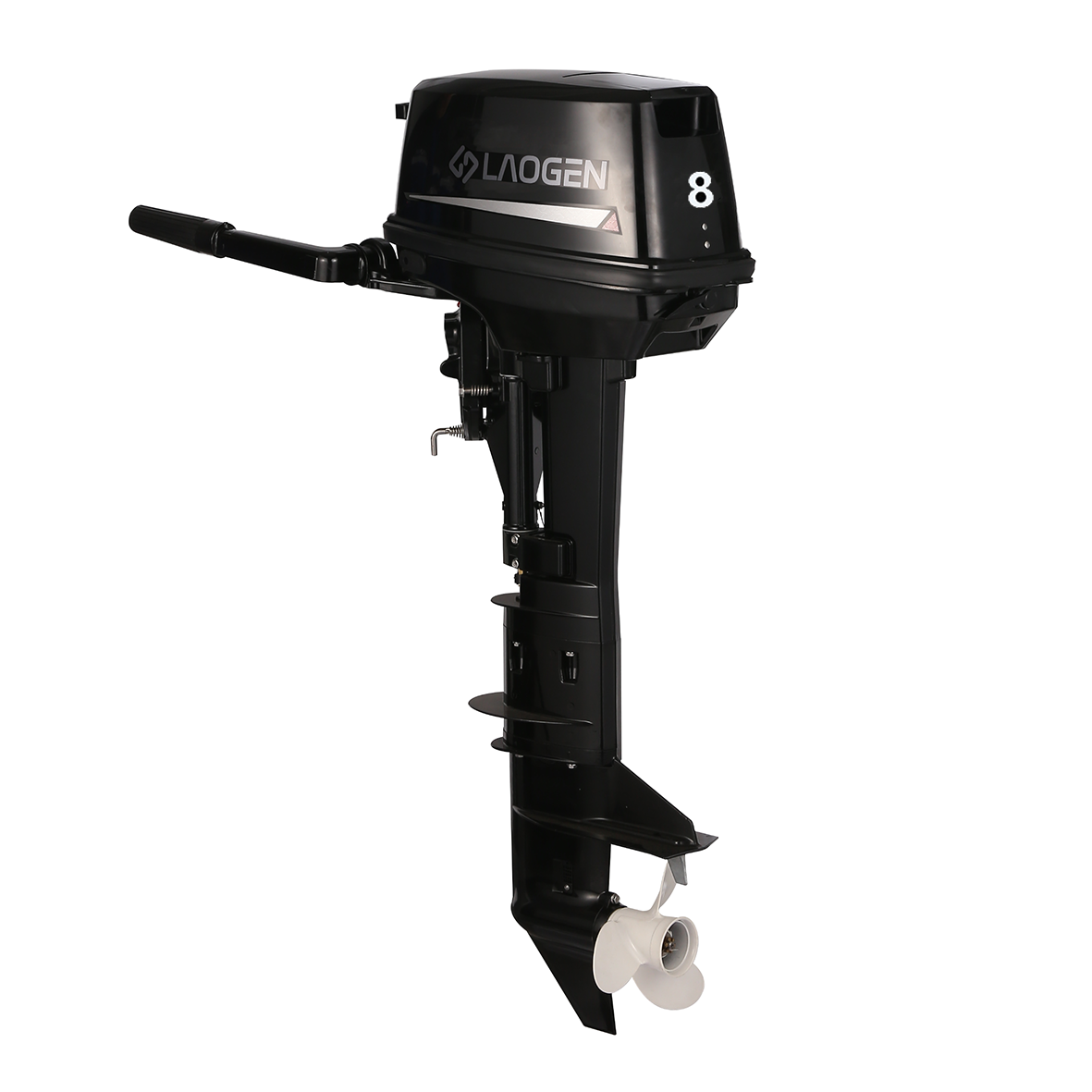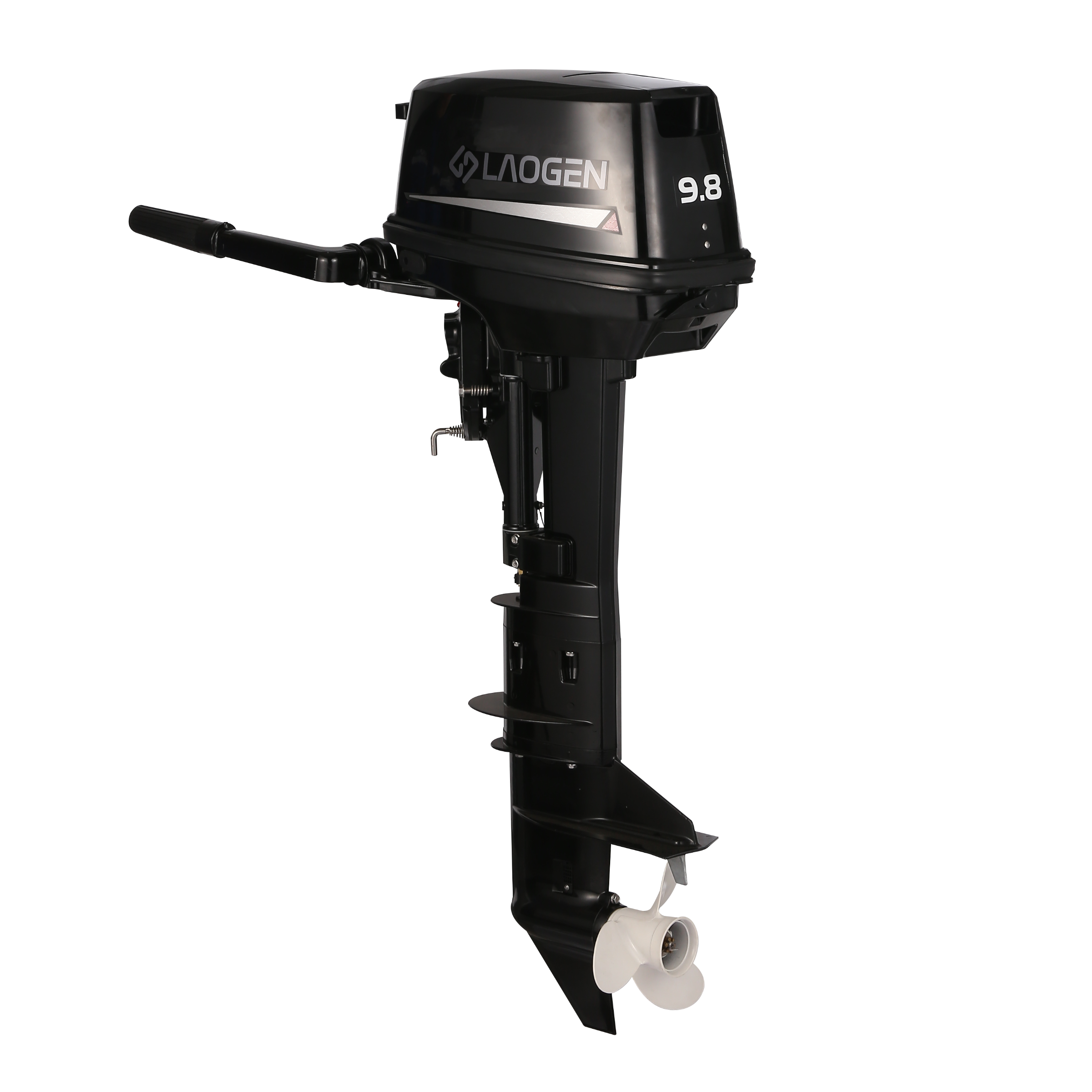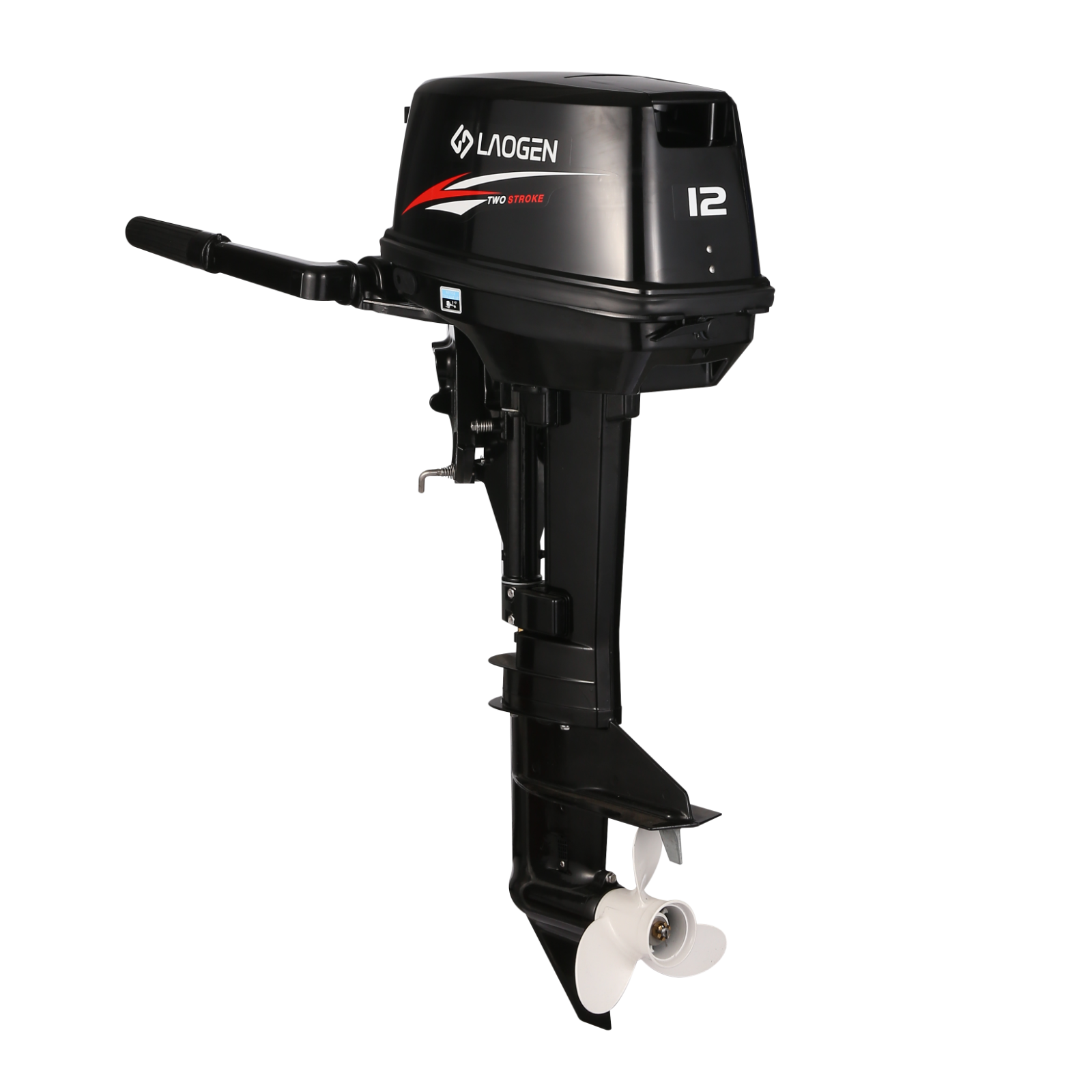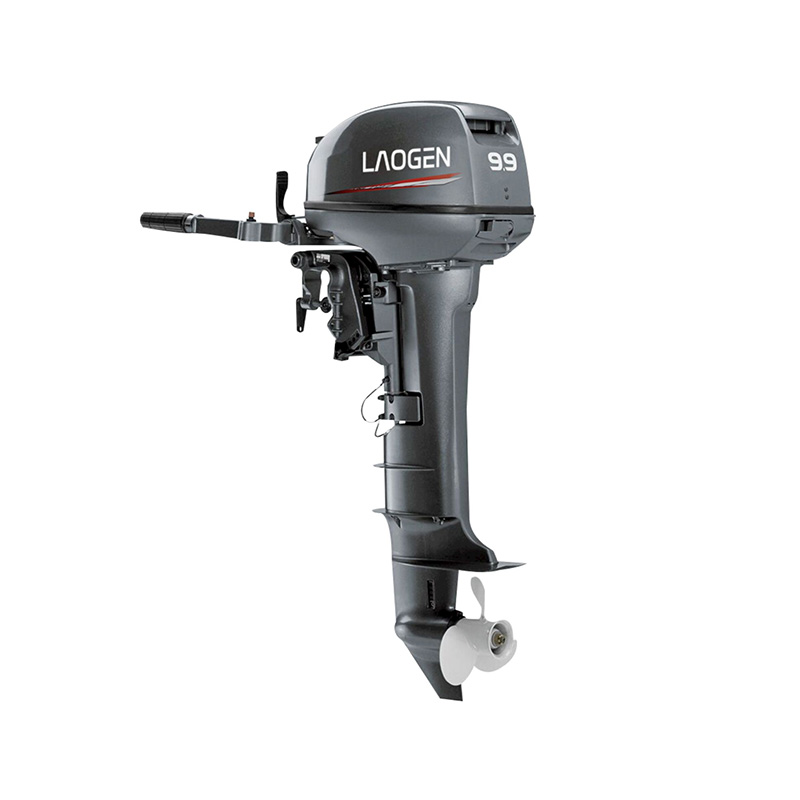Technological Advances Drive Innovation In Outboard Engine Efficiency
In recent years, the marine industry has witnessed a wave of innovation aimed at improving the performance and environmental footprint of propulsion systems. Among these developments, the outboard engine continues to be a focal point of change. As consumer preferences shift and regulatory demands tighten, manufacturers are adapting quickly by integrating modern technologies to make marine outboard engines more efficient, cleaner, and responsive to new expectations.
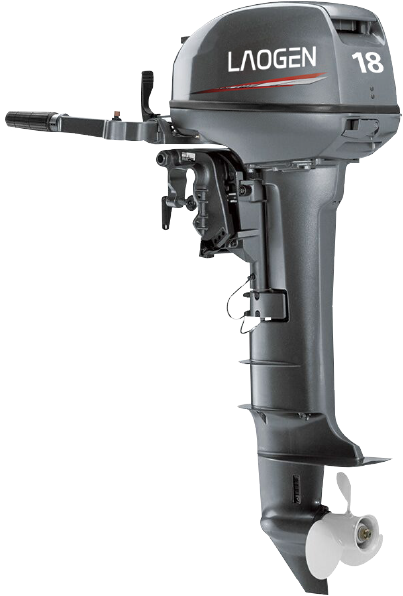
One of the primary motivations behind these advancements is the global emphasis on reducing emissions. Governments in many regions have introduced stricter guidelines for marine engines, prompting a reevaluation of fuel systems, combustion processes, and exhaust handling. As a result, the design of the outboard engine has evolved significantly, with newer models now incorporating electronic fuel injection, variable valve timing, and improved cooling systems. These features not only enhance fuel economy but also reduce pollutants released into waterways and the atmosphere.
Simultaneously, electrification is beginning to influence the future of marine outboard engines. Though traditional gasoline-powered models remain prevalent, electric alternatives are gaining traction in both recreational and light commercial applications. Battery technology has progressed to a point where compact, efficient energy storage solutions can now support smaller boats for extended periods. This shift is reshaping consumer expectations and creating opportunities for hybrid systems that combine electric propulsion with conventional outboard engine setups for extended range and flexibility.
Another area of notable progress is noise and vibration reduction. Users of marine outboard engines—whether for leisure or work—are increasingly prioritizing comfort and a quieter ride. Manufacturers have responded by redesigning engine mounts, improving shaft alignment, and optimizing gear cases. These changes contribute to smoother operation without sacrificing power or reliability. Innovations in propeller design have also played a role, allowing the outboard engine to perform more quietly across a broader range of speeds and conditions.
Digital integration is yet another frontier driving innovation. Modern marine outboard engines are now more connected, often featuring digital control systems that interface with onboard navigation tools, diagnostics, and fuel monitoring applications. This connectivity enhances safety and usability, giving operators real-time insights into engine performance and maintenance needs. These intelligent systems are also valuable for fleet management in commercial applications, allowing for predictive servicing and operational efficiency.
Despite these changes, the fundamental appeal of marine outboard engines remains their versatility. From small inland vessels to offshore sportfishing boats, the outboard engine continues to provide reliable propulsion in a wide range of environments. Innovations have not only improved the performance of individual units but have also expanded their adaptability to different vessel types and user preferences. In this dynamic market, flexibility and responsiveness are key attributes that ensure continued relevance.
Looking ahead, collaboration across sectors will be essential to maintain this trajectory. Partnerships between engine developers, material scientists, and environmental researchers are helping to push boundaries and explore new possibilities. While challenges remain—particularly in terms of infrastructure for electric charging and long-term battery life—ongoing research and development efforts are expected to address these issues over time.
In conclusion, the outboard engine is undergoing a transformation driven by a mix of environmental responsibility, technological progress, and changing consumer priorities. The evolution of marine outboard engines reflects a broader trend in the maritime industry: a push toward more sustainable, intelligent, and user-friendly solutions. As these innovations continue to mature, users can expect marine outboard engines to deliver improved performance while aligning more closely with ecological and operational demands.


 English
English русский
русский


